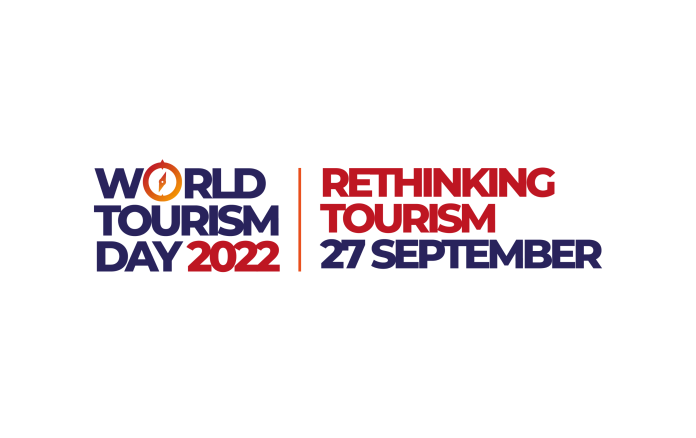SINGAPORE, 21 September 2022: The countdown to World Tourism Day celebrations on 27 September is underway, with the UNWTO calling it a day to “rethink tourism”. According to UNWTO, World Tourism Day will focus on re-imagining the sector’s growth in size and relevance.
The Republic of Indonesia will host the official day (27 September). However, all UNWTO member states and non-members and stakeholders from the private sector are invited to host their celebrations and promote the day and its central theme.
UNWTO Secretary-General Zurab Pololikashvili says: “The potential of tourism is enormous, and we have a shared responsibility to ensure it is fully realised. On World Tourism Day 2022, UNWTO calls on everyone, from tourism workers to tourists themselves, as well as small businesses, large corporations and governments, to reflect and rethink what we do and how we do it.”
World Tourism Day has been held on 27 September each year since 1980. The date marks the anniversary of the adoption of the Statutes of the Organization in 1970, paving the way for the establishment of UNWTO five years later. However, the special day’s celebrations are not known for delivering even a mood for change or adopting measures that will correct the pre-Covid-19 blight of ‘overtourism to develop an industry that puts local communities first.
What UNWTO expects to achieve by a day of “rethinking tourism” remains unclear due to the absence of a mission statement. For the Organisation for Economic Co-operation and Development (OECD), “rethinking the tourism model involves improving the tourist’s experience, better managing the impacts of tourism, and encouraging positive spillover effects in the broader economy. Tourism policy should ensure that it contributes to economic growth that is shared broadly across society and improves the well-being of citizens.”
Tourism is one of the largest and fastest growing sectors in the world economy, and its potential remains very strong. In OECD countries, tourism contributes on average 4.1% of GDP, 5.9% of employment and 21.3% of service exports.
But from the outside, tourism is perceived as a top-heavy enterprise that benefits mega corporations, global hotel groups and the aviation industry at the expense of small local communities. Even in the travel technology space, despite its promise of levelling up, giant global booking systems inevitably gobble up small independent travel tech start-ups, reducing healthy competition.
Critics warn that the UNWTO and tourism leaders of its member states could be guilty of paying lip service to the call for a tourism rethink when they should be introducing sustainable practices that ensure travel benefits communities. Instead, tourism is essentially a money spinner for governments and corporations. Top-down tourism policies turn local communities into losers when they should be the lead stakeholders. UNWTO flies a standard declaring it is ready to rethink tourism, but its actions will speak louder than words. It should start by championing the conversation to rethink tourism to give local communities a seat at the top table.






